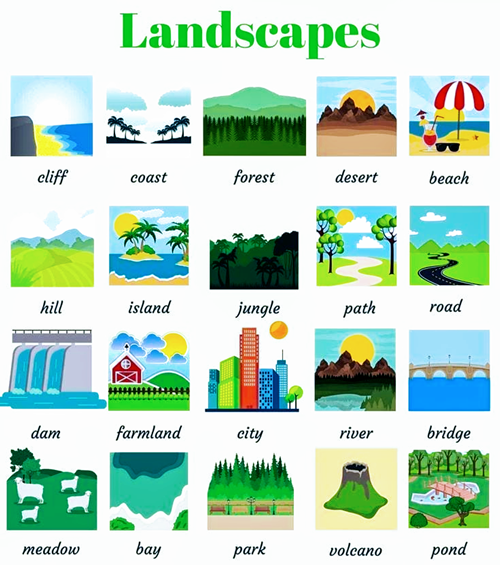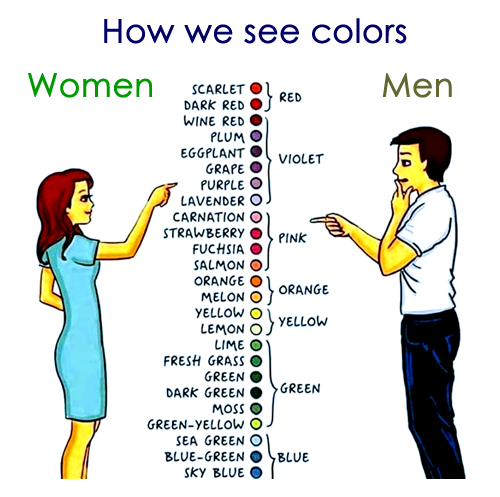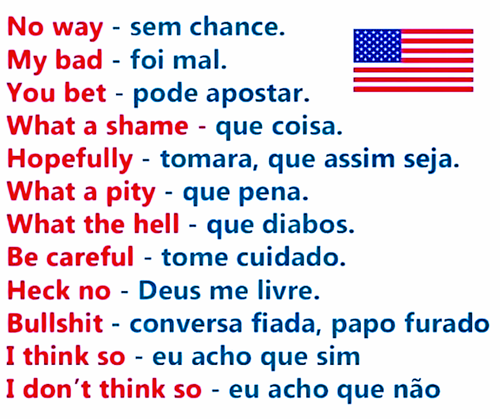
VOCABULARY – Vegetables
Do you like vegetables? I like some but not all of them – and sometimes it just depends on how they’re cooked or prepared.
Which ones do you like?
What’s your favorite?
If you have any questions or doubts, please ask in the comments or send me a private message.
Follow me on Instagram: @englishyourwaybr
or look for the hashtag #LearnEnglishWithCarlo
Permanent link to this article: https://englishyourway.com.br/vocabulary-vegetables/

Lost in TranslationThis made us lauge a lot. If you put the names of the states in Brazil into a translator, you might be surprised what you get back. Yes, maybe a little license was taken with a few, but it was worth it. ENJOY!!!
Here is a fun game you can play with your Brazilian friends – read them the names in English and see if they can figure out the name of the state in Portuguese.
If you have any questions or doubts, please ask in the comments or send me a private message.
Follow me on Instagram: @englishyourwaybr
or look for the hashtag #LearnEnglishWithCarlo
Permanent link to this article: https://englishyourway.com.br/lost-in-translation/

GRAMMAR – Expressions of Time
This post quickly became one of our most popular.
- PAST TENSE EXPRESSIONS OF TIME:
yesterday; last week;an hour ago; recently; a while ago; a long time ago; in the past; this morning.
- PRESENT TENSE EXPRESSIONS OF TIME:
today; this week; now; as we speak; at the moment; these days; nowadays; at this time.
- FUTURE TENSE EXPRESSIONS OF TIME:
tomorrow; next week; ina an nour; soon; in the near future; in due course; eventually; later today.
If you have any questions or doubts, please ask in the comments or send me a private message.
Follow me on Instagram: @englishyourwaybr
or look for the hashtag #LearnEnglishWithCarlo
Permanent link to this article: https://englishyourway.com.br/grammar-expressions-of-time/

These three words are often confusing for Portuguese speakers.
- Stairs (escadas) usually connect floors in a building.
- Ladder (escada) is a moveable structure used for climbing up or down.
- Steps (degraus) are usually found outside a building, and are also the individual levels on a ladder or stairs.
If you have any questions or doubts, please ask in the comments or send me a private message.
Follow me on Instagram: @englishyourwaybr
or look for the hashtag #LearnEnglishWithCarlo
Permanent link to this article: https://englishyourway.com.br/vocabulary-stairs-vs-steps-vs-ladder/

VOCABULARY – Common Animals
Which of these common animals do you think would make good pets?
Do you have a favorite animal? What is it? Is it in this image?
DOG – CAT – PARROT – TURTLE
FROG – MONKEY – HORSE – BUTTERFLY
TIGER – CROCODILE – FOX – LION
SHARK – DOLPHIN – BIRD – SNAKE
TURKEY – HEN – ROOSTER – COW
If you have any questions or doubts, please ask in the comments or send me a private message.
Follow me on Instagram: @englishyourwaybr
or look for the hashtag #LearnEnglishWithCarlo
Permanent link to this article: https://englishyourway.com.br/vocabulary-common-animals/

There are a lot of words in English that might seem to mean something else in Portuguese.
Look at these and beware of False “Friends”!
Fro example: Actually in English might make you think it means Atualmente in Portuguese – but, of course, it doesn’t!!
Take a close look at this list and be sure to avoid these mistakes.
If you have any questions or doubts, please ask in the comments or send me a private message.
Follow me on Instagram: @englishyourwaybr
or look for the hashtag #LearnEnglishWithCarlo
Permanent link to this article: https://englishyourway.com.br/false-cognitives/

A Landscape referrs to all the visible features of an area of countryside or land, often considered in terms of their aesthetic appeal.
If you have any questions or doubts, please ask in the comments or send me a private message.
Follow me on Instagram: @englishyourwaybr
or look for the hashtag #LearnEnglishWithCarlo
Permanent link to this article: https://englishyourway.com.br/landscapes/

In English, an uncountable noun refers to something (a thing or an idea) that we generally don’t count. Typicall uncountable nouns are liquids, abstract iteas, powders and grains, natural phenomena, and states.
The above graphic shows some of the more common uncountable items that we see in everyday life.
If we want to quantify any of them, we need to add a unit – a slice of bread. a bowl of cereal, etc.
When we use uncountable nouns as the subject of a sentence, the verb must be singular.
For example: Chocolate is sweet. The water is cold.
If you have any questions or doubts, please ask in the comments or send me a private message.
Follow me on Instagram: @englishyourwaybr
or look for the hashtag #LearnEnglishWithCarlo
Permanent link to this article: https://englishyourway.com.br/uncountable-nouns/

Some people believe that men and women see colors differently. What do you think?
If you have any questions or doubts, please ask in the comments or send me a private message.
Follow me on Instagram: @englishyourwaybr
or look for the hashtag #LearnEnglishWithCarlo
Permanent link to this article: https://englishyourway.com.br/how-we-see-colors/

Here are some very common expressions with their translations to Portuguese.
Here are the definitions in English:
- No way! – Under no circumstances; not at all.
- My bad. – To take responsibility for a mistake.
- You bet. – Of course; certainly.
- What a shame. – When you wish a situation was different, and you feel sad or disappointed.
- Hopefully. – Look upon something optimistically.
- What a pity. – Used to express regret or disappointment about something.
- What the hell! – An exclamation used to emphasize surprise, shock, anger, disgust
- Bullshit! – Nonsense, saying somethingis misleading or deceptive.
- I think so. – Expression of agreement or belief.
- I don’t think so. – Expression of disagreement disbelief.
If you have any questions or doubts, please ask in the comments or send me a private message.
Follow me on Instagram: @englishyourwaybr
or look for the hashtag #LearnEnglishWithCarlo
Permanent link to this article: https://englishyourway.com.br/common-expressions/
Load more










